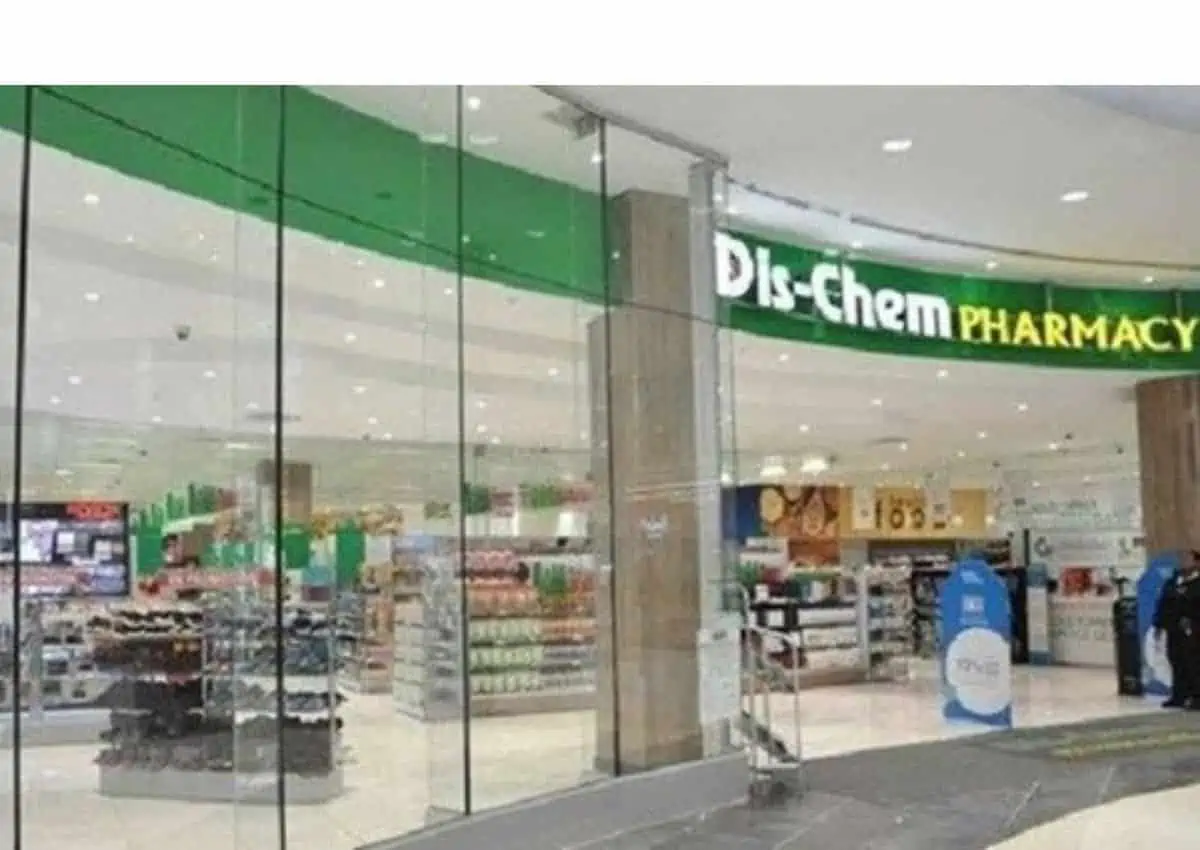Dis-chem says sales have stabilised since the outcry over a leaked internal memo in which CEO Ivan Saltzman declared a freeze on hiring white staff to improve the pharmacy chains employment equity.
Dischem Chief Executive Rui Morais confirmed that the sales declined following the publication of Saltzman’s letter and the social media storm that followed with many people calling for a boycott.
Morais said that sales had fallen from October 17-24 after the memo circulated on social media around 15 October, but the numbers had stabilised by October 25, when most workers received their monthly salaries.
In a letter to senior management dated 19 September, Saltzman announced the moratorium, which includes internal and external promotions.
Saltzman said the ratio between black and white people counts. So, when a suitable black candidate is found and a white person is appointed, the company needs several blacks just to maintain the status quo, never mind moving forward.
“Dis-chem is a listed group, and these are harsh measures and necessary if we are to remain profitable and to avoid a potential fine of 10% of turnover, which would cripple the business,” she said.
Trade union solidarity demanded confirmation from Dis-chem that the policy was no longer in effect. It gave Dis-chem until Friday, 21 October to confirm this or face legal action.
The pharmaceutical retailer on Wednesday reported a 44.3% jump in headline earnings to 70.3 cents per share for the six months ended August 2022, fuelled by its recent acquisition for new baby stores.
Meanwhile, the group upped its ante in the highly lucrative baby retail market, adding three new baby stores to end the period with 53 in that segment.
Dis-chem bolstered its baby offering with the addition of 15 Baby Boom stores in March. This resulted in its baby goods retail market share growing to 16.3% when considering both baby retail brands.
The group, which is the second largest pharmacy retailer in the country, managed to grow overall group revenue by 9.3%to 16.3 billion, with retail revenue also increasing by 9.3% to R14.4 billion. Wholesale revenue was up 10.6% to 12.1 billion.
Source: Business Day, The South African, Moneyweb, image from Twitter: @Biz_Healthcare
